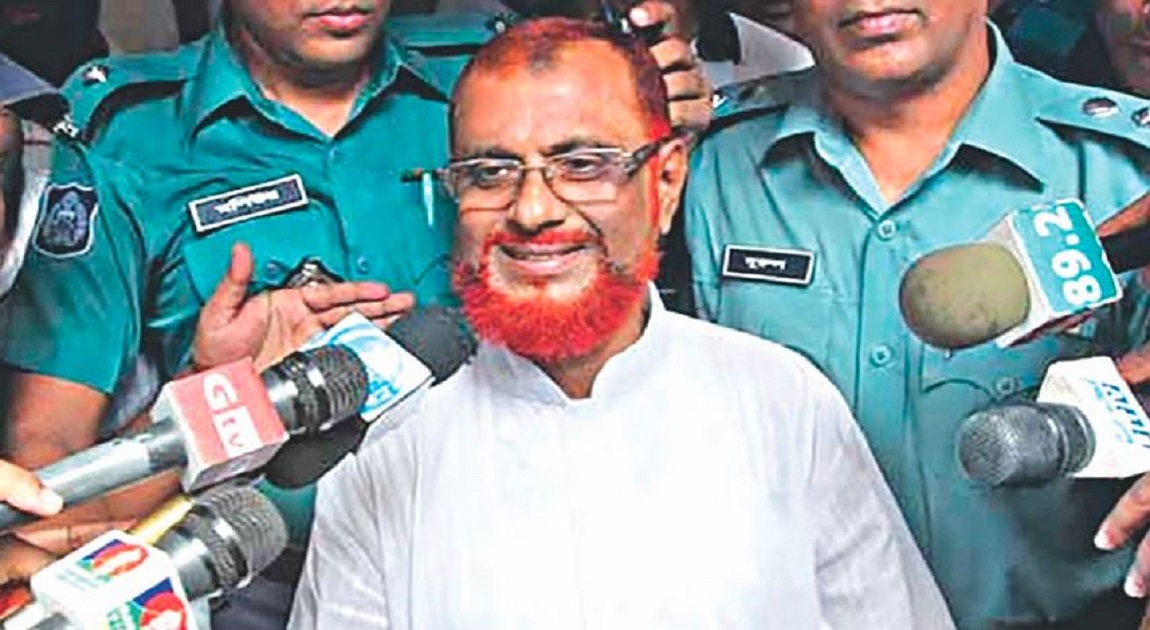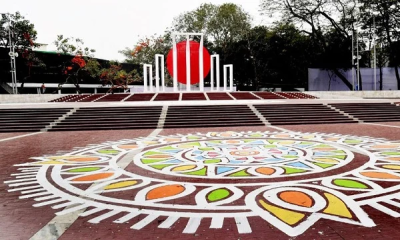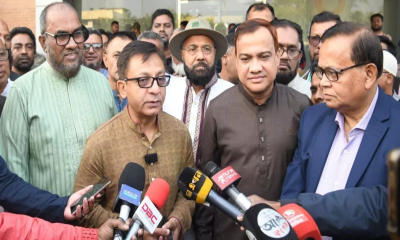The Supreme Court observed that the death sentence handed to Jamaat leader ATM Azharul Islam was delivered without a proper examination and analysis of the evidence and testimonies presented before the court.
The court noted that this serious lapse in the judicial process compromised the principles of justice and raised concerns about the credibility of the verdict. It further stated that such a judgment not only exemplifies a miscarriage of justice but also undermines public confidence in the legal system.
Earlier on Tuesday (27 May), the Appellate Division acquitted Jamaat-e-Islami leader ATM Azharul Islam of the death penalty in a case related to crimes against humanity committed during the 1971 Liberation War.
The Supreme Court has overturned the death sentence previously issued by the International Crimes Tribunal against Jamaat-e-Islami leader ATM Azharul Islam in a case involving crimes against humanity committed during the 1971 Liberation War.
The verdict was delivered by a full Appellate Division bench, led by Chief Justice Dr. Syed Refaat Ahmed, and comprised of seven justices in total. The other six justices were Justice Md. Ashfaqul Islam, Justice Zubayer Rahman Chowdhury, Justice Md. Rezaul Haque, Justice Imdadul Haque, Justice Md. Asaduzzaman, and Justice Farah Mahbub.
In its observation, the court noted several serious flaws in the earlier verdict: firstly, it stated that previous rulings had effectively altered the standard procedures of criminal justice across Bangladesh and the wider Indian subcontinent, calling this a grave mistake. Secondly, the court remarked that the death sentence had been handed down to Azharul Islam without properly reviewing the evidence presented during trial. Thirdly, it described the original conviction as a “travesty of truth,” implying a miscarriage of justice. Lastly, the court said that the previous Appellate Division had failed to evaluate the presented evidence accurately.
This marks the first time in Bangladesh’s judicial history that a person sentenced to death in a war crimes case has been acquitted by the Appellate Division. Following this verdict, Azharul Islam now faces no legal barrier to his release, according to defense lawyers.
Representing Azharul Islam were advocates Mohammad Shishir Monir and Barrister Ehsan Abdullah Siddiq, supported by Barrister Imran Abdullah Siddiq and Barrister Najib Momen. On the prosecution side, Additional Attorney General Barrister Anik R. Haque and Prosecutor Gazi M. H. Tamim appeared in court.














-20260220065859.jpeg)

-20260219110716.webp)
-20260219054530.webp)














